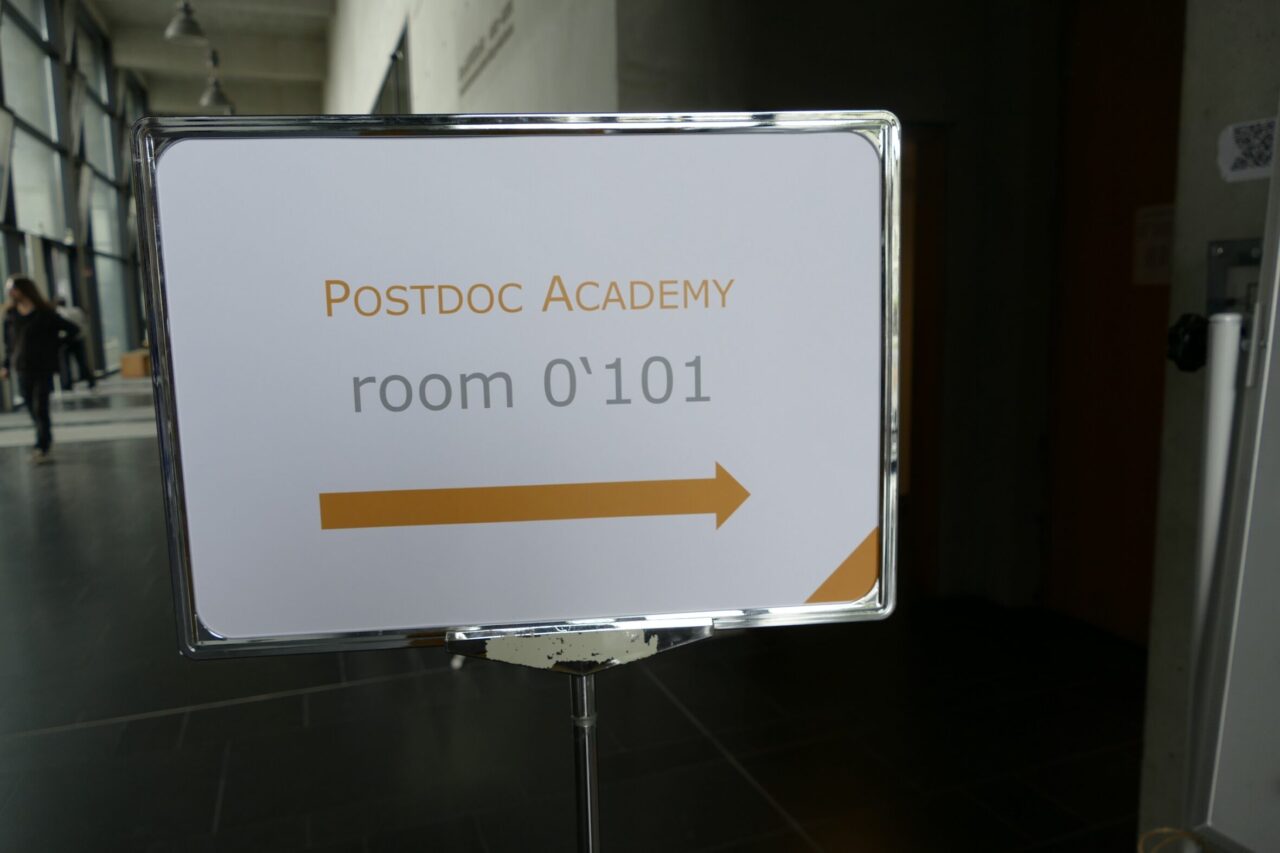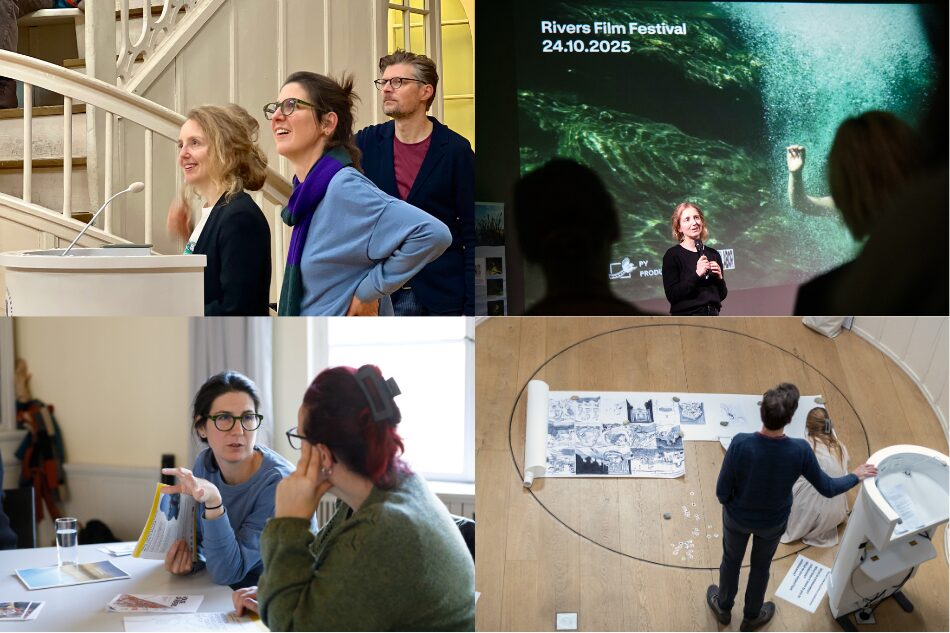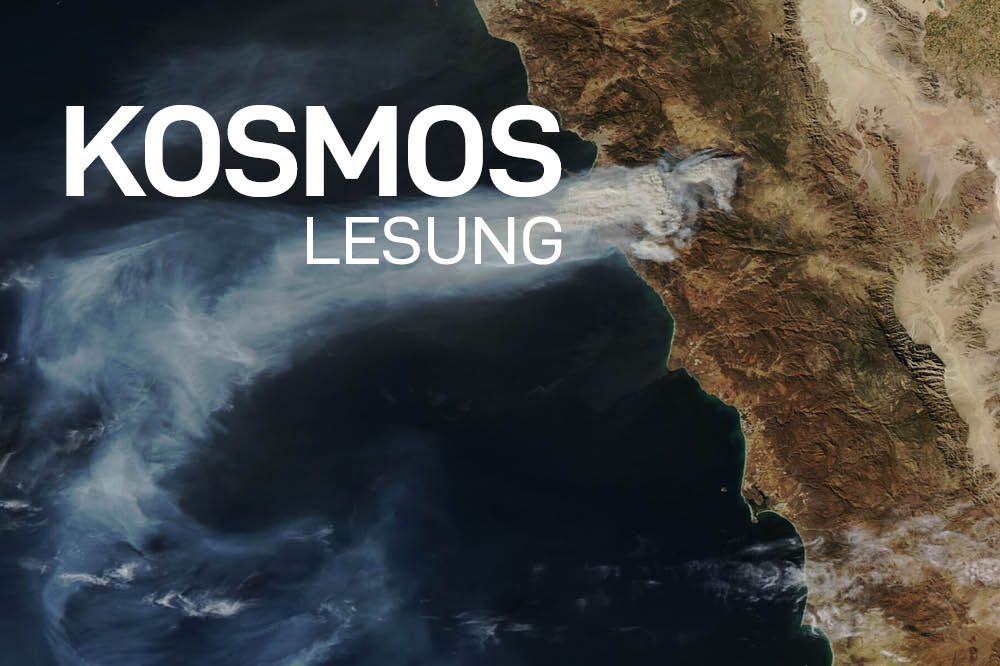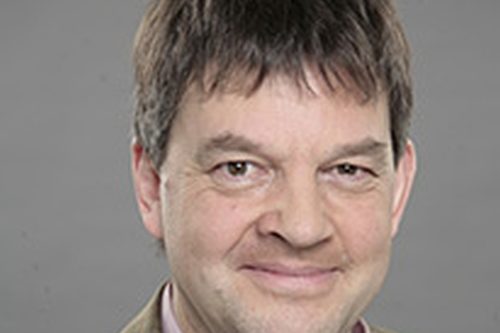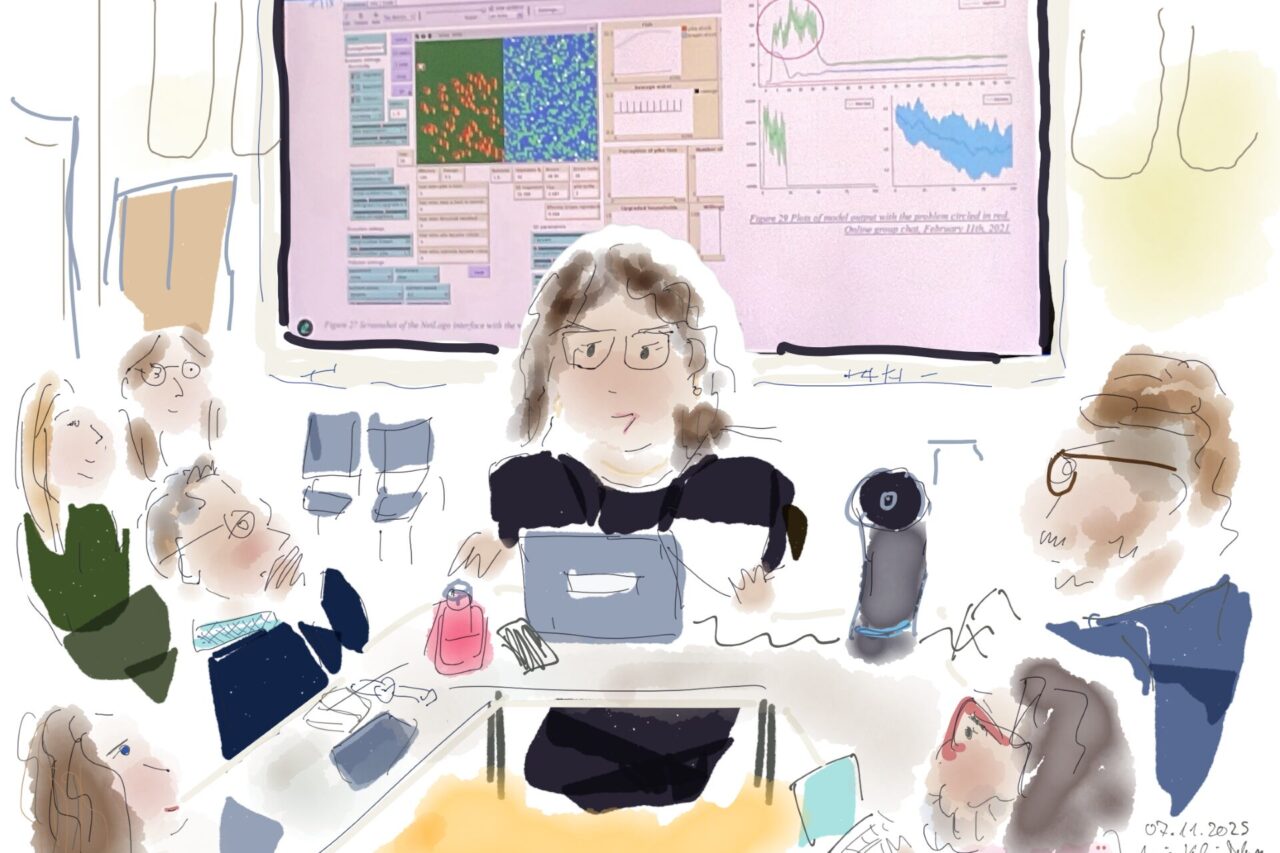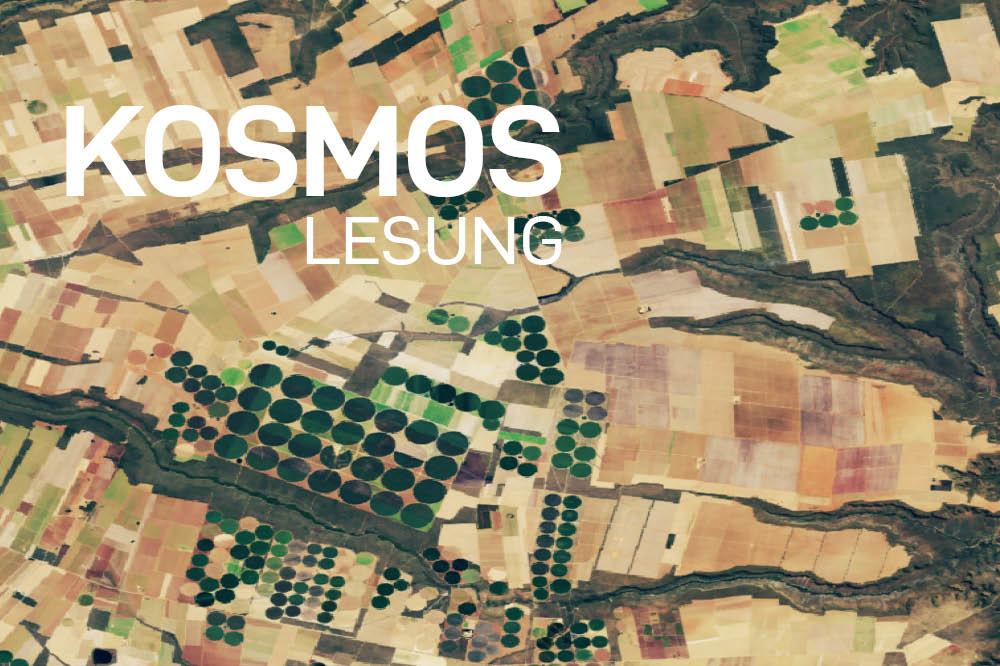
Paradoxically, the current climatic, political and geopolitical situation, which confronts us with instability and forces us to question many certainties, offers the right moment to speak of hope. This is the argument put forward by philosopher Corine Pelluchon in her Kosmos lecture.
Hope in the Context of Climate Change and the Global Crisis
23.10.2025, 18.00-19.30
HU Berlin, Unter den Linden 6, Senatssaal
Corine Pelluchon, professor at Gustave Eiffel University, will give a lecture – in German (!) – on ‘Hope in the Context of Climate Change and the Global Crisis’ as part of the KOSMOS lecture series. The focus will be on the question of how people can find hope or confidence in a world characterised by uncertainty, where hope is understood as a virtue that allows us to transform negative emotions into constructive engagement.
Hope as a virtue and a political force
Hope, argues Corine Pelluchon, is not a psychological trait. It is not a state of expectation for a better future, but rather a virtue. This virtue enables us to see opportunities for future social change in a present marked by instability and uncertainty, and to commit ourselves to these opportunities. Hope therefore also has a political dimension. This seems all the more important given that people often tend to transform their feelings of powerlessness into fantasies of omnipotence when faced with loss or perceived crises – whether through simplistic discourse from the extreme right, social polarisation or excessive consumption. How can this energy be channelled into constructive engagement rather than such impulses? What kind of energy is required for this? And how does this transformative power differ from the pathological energy that characterises nationalism and right-wing populists? These are some of the questions Corine Pelluchon will reflect in her lecture.
Corine Pelluchon is a philosopher and professor at Gustave-Eiffel University near Paris. Her main areas of interest are animal and environmental ethics, political philosophy, and phenomenology. She has published twenty books, including Les Lumières à l’âge du vivant (Seuil 2021), Manifeste animaliste. Politiser la cause animale (Alma 2017), L’espérance, ou la traversée de l’impossible (Payot/Rivage 2023), Pour comprendre Levinas. Un philosophe pour notre temps (Seuil 2020). These books are available in German translation. Her two latest books, which will be published in German by C.H. Beck in 2026 and 2027, are La démocratie sans emprise ou la puissance du féminin (Rivages 2025) and L’être et la mer. Pour un existentialisme écologique. Her work was awarded the Günther Anders Prize for Critical Thinking in 2020 and the Dr. Leopold Lucas Prize in 2025.
Personal website: Site de Corine Pelluchon | Ethique et Philosophie politique
Moderation: Prof. Dr. Marcel Robischon, Professor of Agricultural Ecology and tHead of the Division of Agricultural Ecology at Humboldt-Universität zu Berlin
About the lecture series
The KOSMOS-Lesungen are in the tradition of one of the most famous lecture series in the German history of science: Alexander von Humboldt’s Kosmos lectures. Around 200 years ago, the natural scientist spanned the entire world and all disciplines of science. Today’s KOSMOS lectures are dedicated to the challenging transformation processes in the age of the Anthropocene.
Photo credits: NASA Earth Observatory



